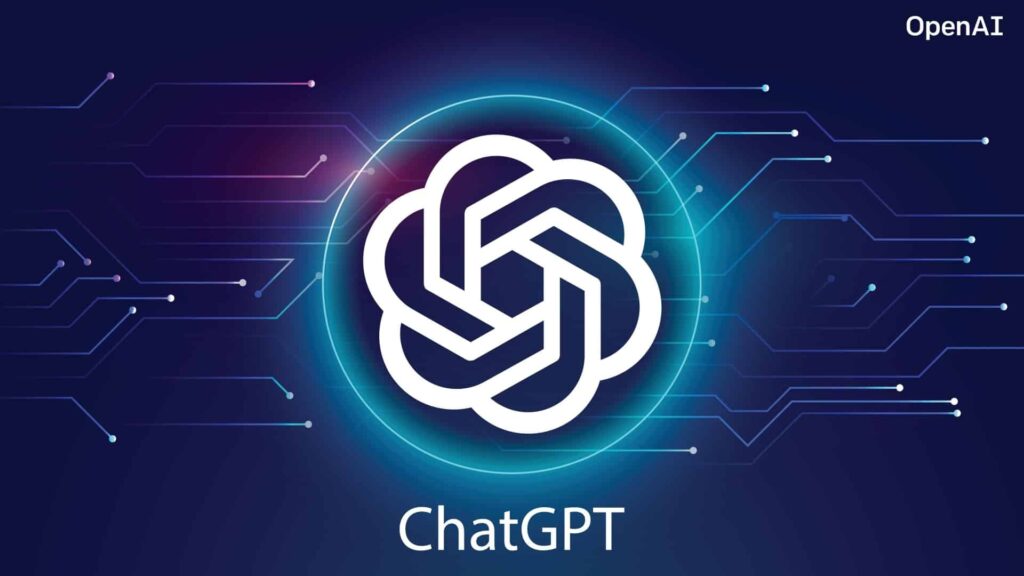A major privacy scare has erupted after it was discovered that thousands of ChatGPT conversations many believed to be private were accidentally made publicly searchable through major search engines. The leak, caused by a misconfigured feature in the ChatGPT app, has drawn criticism from privacy experts and sparked concerns over how user data is handled by AI platforms and search engines alike.
The feature in question, which allowed users to share ChatGPT conversations via public links, had default settings that inadvertently allowed search engines like Google to index these links. As a result, over 4,500 conversations became accessible through simple search queries. Some of the indexed content included highly sensitive personal information such as names, email addresses, resumes, API keys, and even emotional disclosures.
Privacy advocates have condemned the incident as a major oversight in user experience design. Many users only realized their data had been exposed after discovering it through search queries like “site:chat.openai.com/share resume” or “site:chat.openai.com/share API key.”
In response to the outcry, the feature allowing shared conversations to be discoverable by search engines was disabled. The ability to share links manually remains, but all shared conversations are now explicitly non-indexable, and no option exists to make them searchable. Efforts are ongoing to work with search engines to remove already indexed content.
Search engines, particularly Google, have come under scrutiny for indexing these AI-generated chats. While technically permissible due to existing metadata, critics argue that platforms should exercise greater caution, especially when dealing with emerging technologies that involve user-generated content.
Users who have previously shared links are advised to search for their conversations using their names or known keywords to identify any public exposure. Any shared content that is no longer necessary should be deleted immediately. Additionally, users are urged to avoid sharing sensitive data with AI platforms unless full privacy and encryption are clearly assured.
This episode serves as a sobering reminder of the privacy risks tied to generative AI. As such tools become increasingly embedded in daily life, users are encouraged to treat all AI interactions as potentially public unless specifically marked otherwise.

